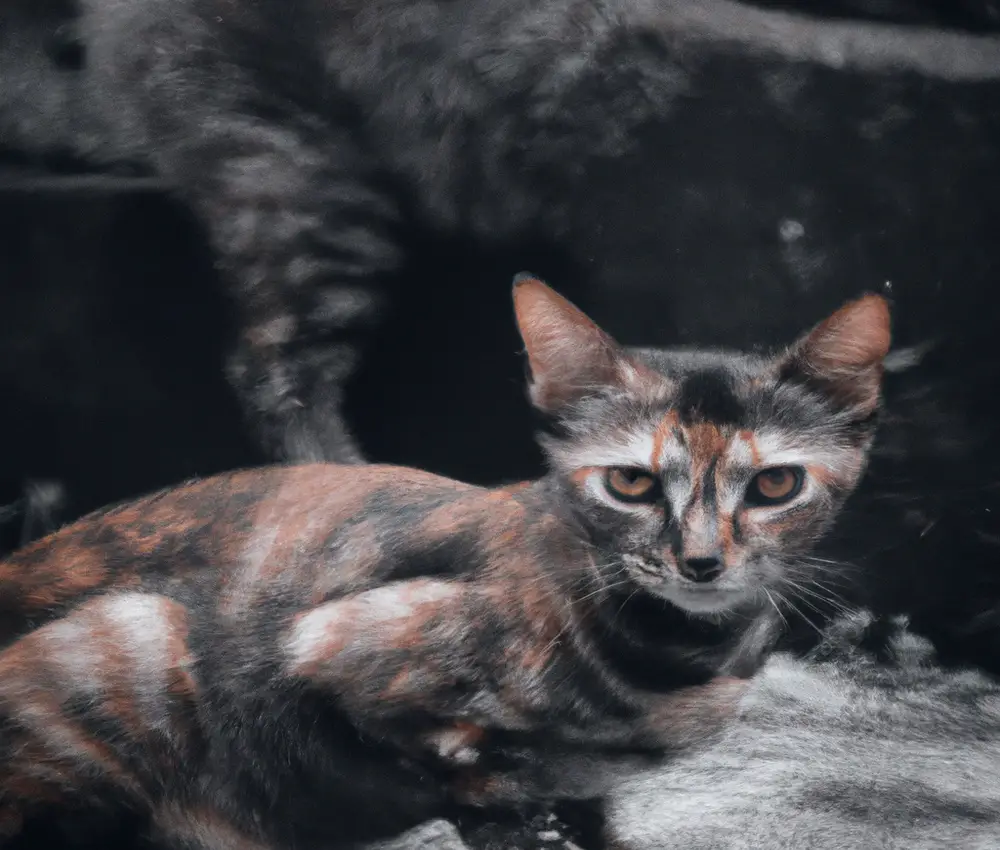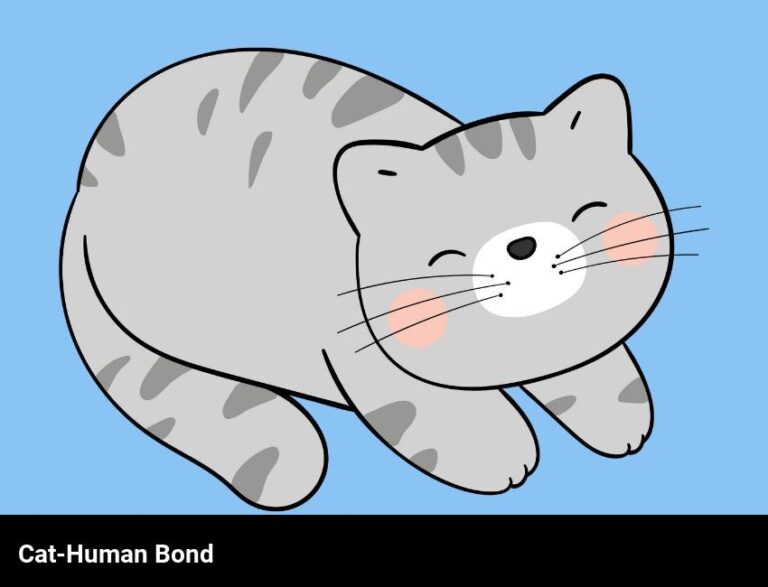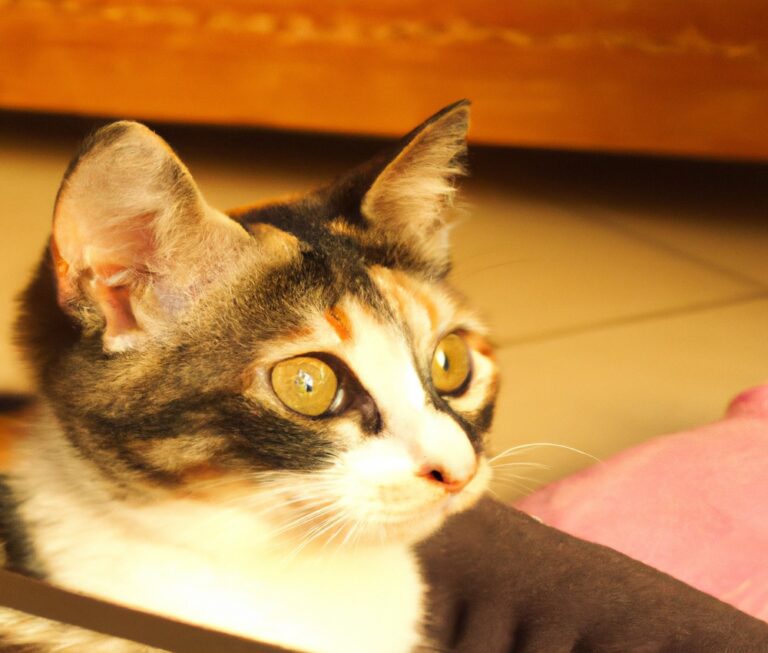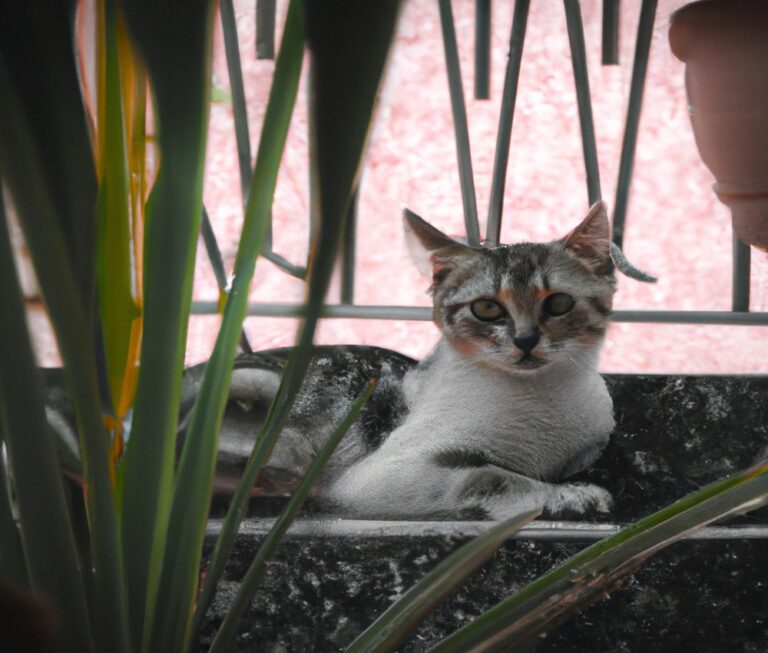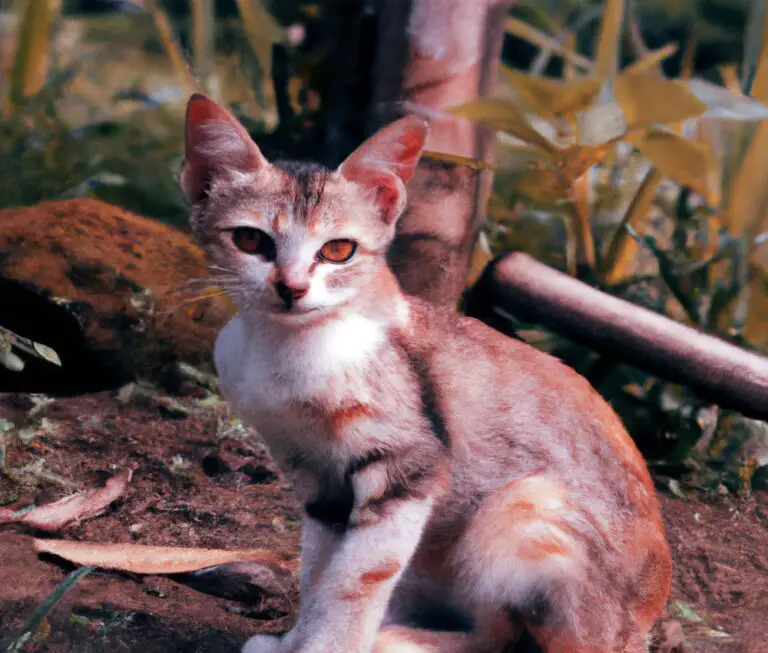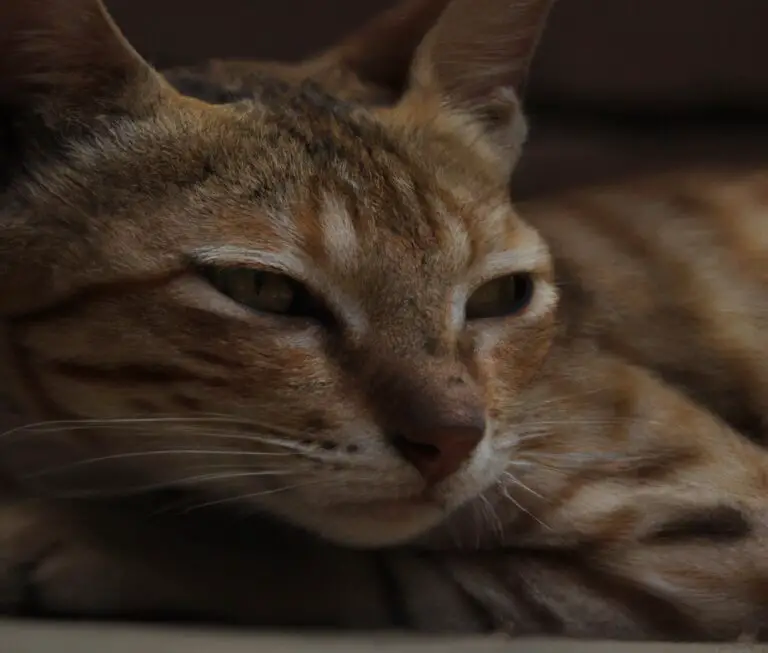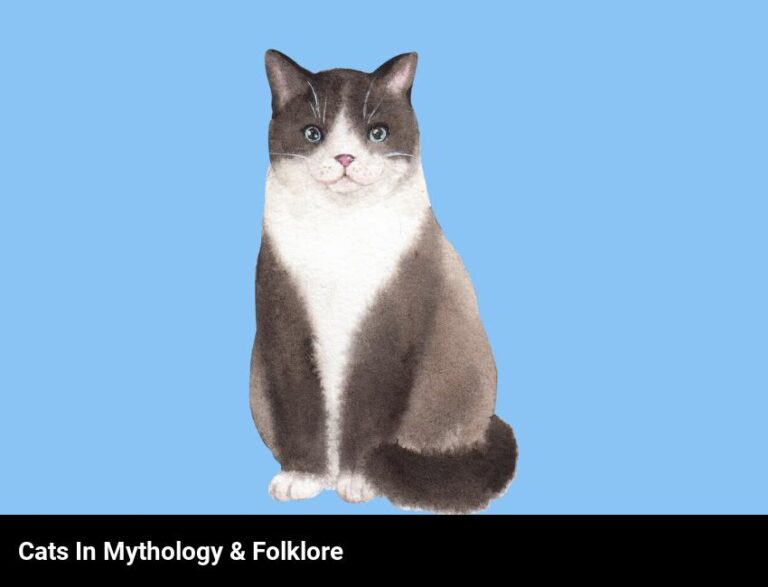What Happens If a Possum Bites My Cat?
Key Takeaways:
- Possum bites can transmit diseases to cats, posing a health risk.
- Seek immediate veterinary attention if your cat is bitten by a possum.
- Keep your cat’s vaccinations up to date to prevent infections from possum bites.
- Properly secure your garbage to reduce the risk of attracting possums and potential bites.
Have you ever wondered what would happen if a possum decided to take a bite out of your cat? We all know that possums are nocturnal creatures, but what do we really know about their biting behavior?
As a pet owner, it’s essential to understand the potential dangers and how to handle such situations.
In this article, we’ll dive into the world of possum bites and explore everything from identifying the bites to seeking veterinary care. Plus, we’ll share some valuable tips on preventing possum bites altogether.
So, if you’re ready to become an expert in possum encounters, let’s get started!
| Question | Answer |
| What happens if a possum bites my cat? | There are several potential outcomes: |
| 1. Injury to cat | Bites from possums may cause puncture wounds, scratches, or infections in cats. Cats that are bitten should receive proper medical care to treat any injuries or infections. |
| 2. Transmission of diseases | Possums can transmit diseases to cats through bites. Some of the common diseases include tularemia, leptospirosis, and parasites such as fleas and ticks. It is important to get your cat examined by a veterinarian if it has been bitten by a possum. |
| 3. Behavioral changes | A possum bite can cause fear, anxiety, or aggression in cats. Cats may become more cautious or fearful of outdoor environments after a possum encounter. |
| 4. Prevention and precautions | To prevent possum bites, it is recommended to keep your cat indoors or supervise them closely when outside. Regularly check your cat for any signs of injuries or illnesses, and consult a veterinarian if needed. |
Understanding Possum Bites
Possum bites can occur and it’s important to understand their potential risks.
What Are Possums?
Possums, also known as opossums, are small to medium-sized marsupials found in North and South America.
They have gray or brown fur, long snouts, and prehensile tails.
Possums are known for their ability to play dead when threatened, a behavior called “playing possum.” They are nocturnal animals and primarily eat fruits, insects, and small animals.
Possums are solitary creatures and are adaptable to various habitats, including forests, grasslands, and urban areas.
Despite their intimidating appearance, possums are generally non-aggressive and will only bite in self-defense.
Can Possums Bite?
Possums are known to have a bite, but they are generally non-aggressive and will only bite as a last resort. Their bites are not known to be harmful to humans or larger animals due to their small size and short teeth.
However, it’s important to avoid provoking or handling them to prevent the risk of bites.
If you come across a possum, it’s best to observe from a distance and let it go about its business.
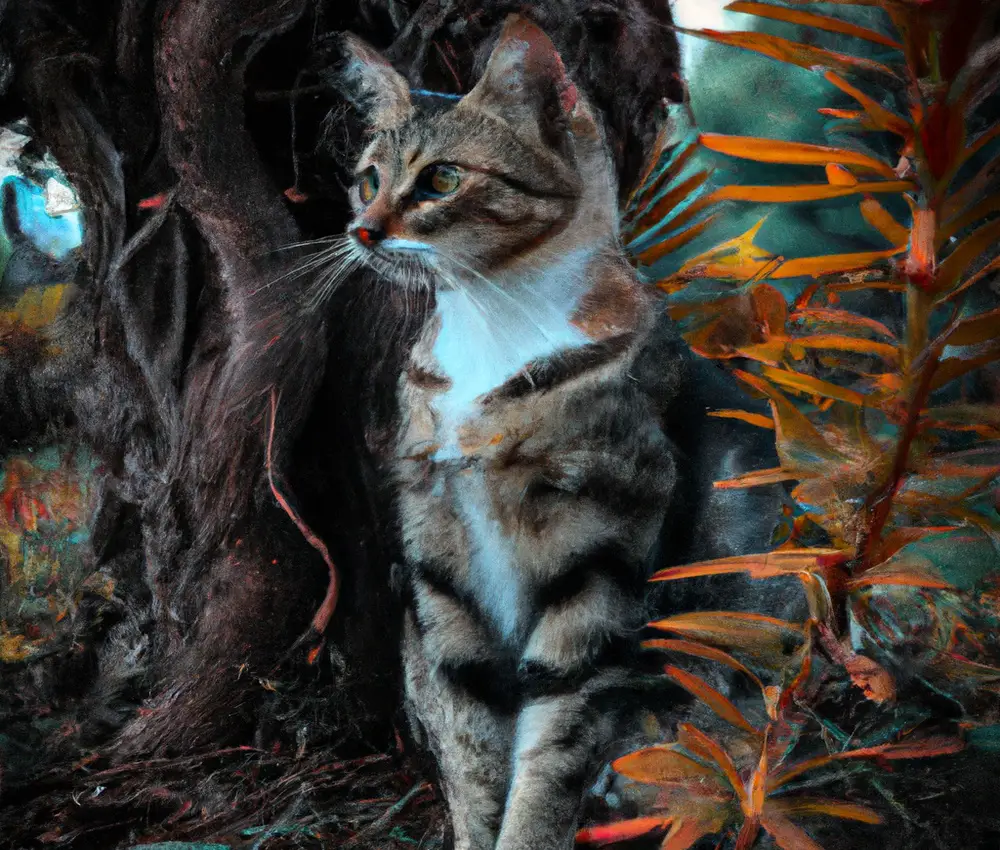
Why Do Possums Bite?
Possums bite mainly as a defensive response when they feel threatened or cornered.
Their first instinct is to defend themselves and biting is one way they do it.
They have sharp teeth and strong jaws, which allows them to deliver a painful bite if necessary.
It’s important to remember that possums are wild animals and should be treated with caution.
If you encounter a possum, it’s best to give it space and avoid any interactions that may provoke it.
Are Possum Bites Dangerous?
Possum bites can be a cause for concern.
While possums themselves are generally not aggressive and rarely bite, their bites can still be dangerous for cats.
Possums may carry bacteria or diseases that can be transmitted through their bite, potentially causing infections in your cat.
If your cat gets bitten by a possum, it’s important to seek veterinary care to assess the situation and provide appropriate treatment.
Regular vaccinations and keeping your cat’s vaccinations up to date can also help protect them from potential diseases.
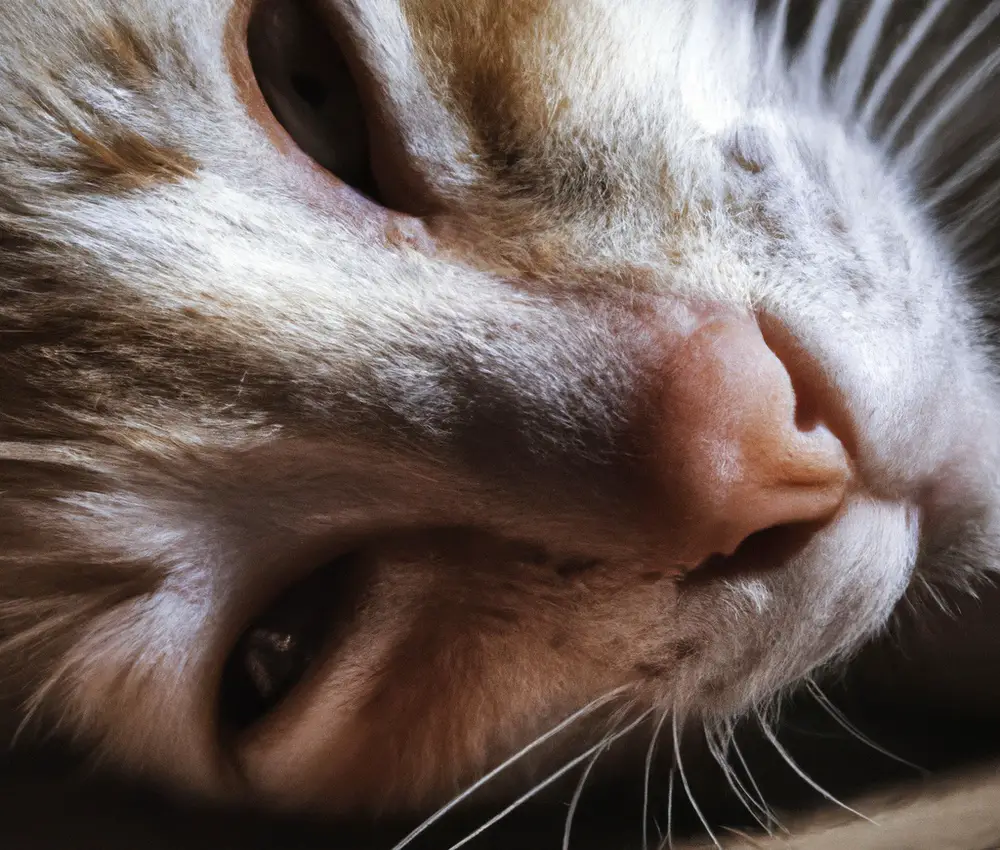
Identifying Possum Bites
If you suspect a possum bite, look for distinct features and patterns to identify it. A closer examination will help you determine if it’s a possum bite.
How to Recognize a Possum Bite
Possum bites can be concerning, so it’s important to know how to recognize them. Here are a few key signs to look out for:
- Deep puncture wounds or scratches with distinct sets of teeth marks.
- Swelling or redness around the bite area.
- The presence of blood or discharge from the wound.
- Your cat showing signs of pain, discomfort, or agitation after an encounter with a possum.
Signs of a Possum Bite on a Cat
If you suspect that your cat has been bitten by a possum, here are some signs to watch out for:
- Visible bite marks: Look for puncture wounds or scratches on your cat’s skin.
- Swelling and redness: The area around the bite may become swollen and red.
- Pain and discomfort: Your cat may show signs of pain, such as limping or favoring the affected area.
- Lethargy or loss of appetite: If your cat is acting unusually tired or refusing to eat, it could be a sign of a possum bite.
- Fever or infection: Monitor your cat for signs of infection, such as a fever, discharge, or foul odor from the wound.
If you notice any of these signs, it’s important to seek veterinary attention for your cat as soon as possible.
Your vet will be able to properly assess the bite and provide appropriate treatment to prevent any complications.
Difference Between Possum Bites and Other Animal Bites
Possum bites can be distinguished from other animal bites by their size and appearance.
Possum bites are typically small, with two puncture marks close together.
The bite wounds may also appear red and swollen.
In contrast, bites from cats or dogs often result in deeper, larger wounds with more tearing.
If you suspect your cat has been bitten by a possum, it’s important to seek veterinary care to ensure proper treatment and prevent any potential complications.
Immediate Steps after a Possum Bite
After a possum bite, it’s important to stay calm and assess the situation before taking immediate action.
Safely Remove the Possum and Ensure Safety
To safely remove a possum and ensure everyone’s safety, here are a few steps you can take:
- Approach the possum with caution: Move slowly and quietly towards the animal to avoid startling it. Possums may hiss or show their teeth if they feel threatened.
- Use protective equipment: Before handling the possum, it’s essential to wear gloves and long sleeves to prevent any potential bites or scratches. This will also protect you from any diseases the possum may carry.
- Use a blanket or towel: If you need to physically remove the possum, gently place a blanket or towel over it. This will help restrain the animal and minimize the risk of injury for both of you.
- Relocate the possum: Once you have safely captured the possum, find a suitable location to release it. Choose an area away from your home and other pets, preferably near trees or bushes where the possum can seek shelter.
- Secure potential entry points: Take the necessary steps to prevent possums from returning. Close off any openings or gaps in your home or yard that may have allowed the possum access. This will help avoid future encounters.
Check for Bleeding or Signs of Infection
Check for Bleeding:
- Examine the area where the possum bit your cat for any signs of bleeding.
- If there is bleeding, apply gentle pressure to stop it.
- Clean the wound with a mild antiseptic solution.
Signs of Infection:
- Monitor the wound for any signs of infection, such as redness, swelling, or pus.
- If you notice any of these signs, take your cat to the vet immediately.
- The vet will be able to assess the wound and provide appropriate treatment to prevent further complications.
Clean the Wound with Mild Antiseptic
To clean a wound caused by a possum bite, use a mild antiseptic. This will help prevent infections and promote healing.
Here’s how to do it:
- Begin by washing your hands thoroughly with soap and water.
- Gently rinse the wound with clean water to remove any debris or dirt.
- Apply a mild antiseptic solution, such as hydrogen peroxide or chlorhexidine, to the wound using a clean cotton ball or sterile gauze.
- Clean the wound gently, making sure to cover the entire area that was bitten.
- After cleaning, apply a clean bandage to protect the wound from further contamination.
It’s important to note that if the wound appears deep or becomes infected, it’s best to seek veterinary attention as soon as possible. Your veterinarian can assess the wound and provide further treatment if necessary.
Observe and Monitor Your Cat’s Behavior
Observe and Monitor Your Cat’s Behavior: After a possum bite, it’s crucial to observe and monitor your cat’s behavior closely. Keep an eye out for any changes in their eating, drinking, or bathroom habits.
Look for signs of pain or discomfort, such as limping or excessive grooming of the bitten area.
Monitor their energy level and mood. If you notice anything concerning, don’t hesitate to contact your veterinarian for guidance.
It’s important to act swiftly and ensure your cat’s well-being.
Seeking Veterinary Care
If a possum bites your cat, it is important to seek veterinary care immediately.
Share Information about the Possum Bite
Possum bites can cause harm to your cat, so it’s important to take quick action. Clean the wound gently with mild soap and water, and apply an antiseptic.
Watch for signs of infection like swelling and redness.
Contact your veterinarian to assess the situation and discuss whether your cat needs medical attention. Keep an eye on your cat’s behavior for any changes and if necessary, consider getting a rabies vaccination.
Potential Tests and Examinations
Potential tests and examinations for a possum bite on your cat may include:
- Physical examination: The veterinarian will visually inspect the bite wound, looking for signs of infection, swelling, or other abnormalities.
- Blood work: Blood tests may be conducted to check for any signs of infection or changes in organ function.
- X-rays: If there is concern that the bite may have caused internal injuries, X-rays can help identify any fractures or other issues.
- Wound culture: In cases of severe infection or if the wound is not healing properly, a sample may be taken for a culture to determine the specific bacteria causing the infection.
- Rabies testing: If the possum is suspected to be infected with rabies, the veterinarian may recommend testing your cat for this deadly virus.
These tests and examinations are important in determining the extent of the injury, identifying potential complications, and guiding the appropriate treatment for your cat.
Possible Treatments and Medications
Possible treatments and medications for a cat that has been bitten by a possum include:
- Wound Cleaning: Gently clean the bite wounds with mild antiseptic or saline solution to prevent infection.
- Antibiotics: Your vet may prescribe antibiotics to prevent or treat any underlying infections.
- Pain Management: Medications like anti-inflammatory drugs or pain relievers may be given to alleviate discomfort.
- Tetanus Shot: If your cat’s vaccinations are not up-to-date, your vet may administer a tetanus shot to protect against tetanus infection.
- Injections for Parasites: Possum bites can transmit certain parasites, so your vet may recommend deworming or other parasite treatments.
Remember, it’s essential to seek veterinary care promptly to ensure your cat receives appropriate treatment.
Follow-up Care and Guidelines
Follow-up care and guidelines after a possum bite are important to ensure your cat’s well-being. Here are some key points to remember:
- Keep an eye on the wound: Monitor the bite site for any signs of infection, such as redness, swelling, or discharge.
- Clean the wound: Gently clean the bite with warm water and mild soap. Avoid using strong antiseptics that can harm your cat.
- Seek veterinary advice: Contact your veterinarian for guidance on whether your cat needs further medical attention, such as antibiotics or a tetanus shot.
- Prevent future encounters: Take steps to make your yard or outdoor area less attractive to possums, such as securing trash cans and removing any potential food sources.
- Maintain up-to-date vaccinations: Ensure your cat’s vaccinations, including rabies, are current. This can help protect against potential complications from a possum bite.
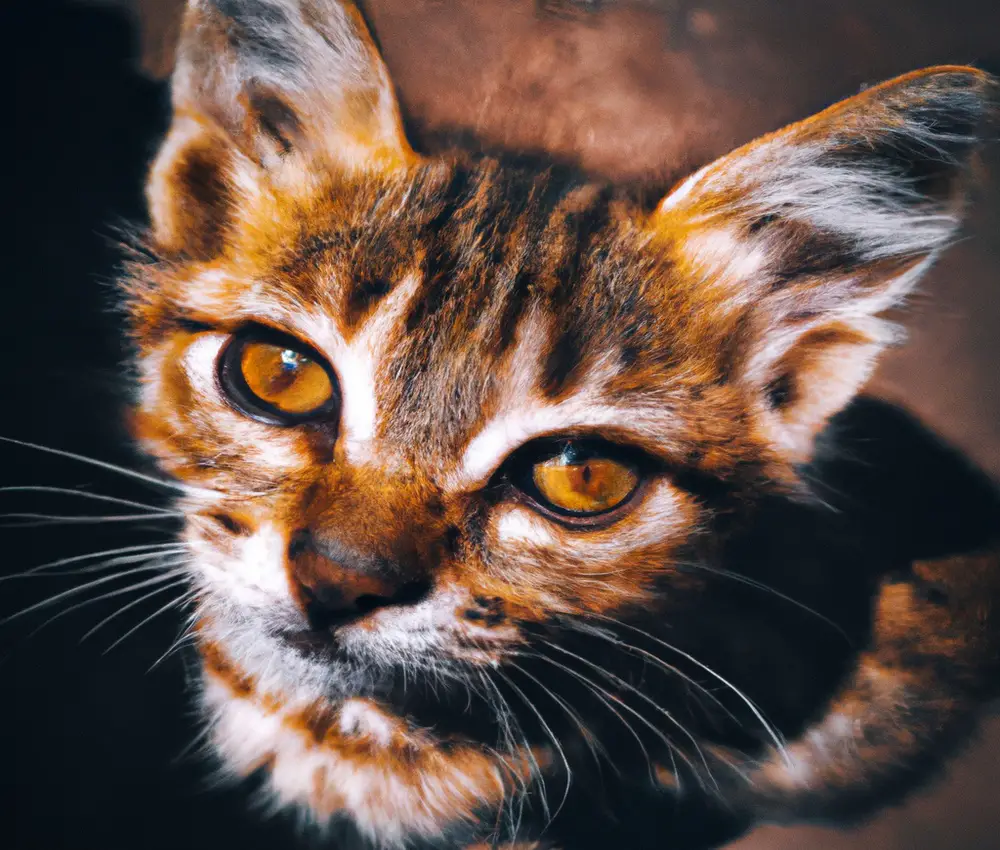
Preventing Possum Bites
Preventing Possum Bites: Tips to protect your cat from possum bites.
Secure Your Yard or Outdoor Space
Securing your yard or outdoor space is important to protect your cat from possum bites. Here are some tips to help you do that:
- Fence it off: A sturdy fence can keep possums out and ensure your cat’s safety. Make sure the fence is tall enough, at least 6 feet, and doesn’t have any gaps or holes.
- Install motion-activated lights: Possums are nocturnal creatures, and installing motion-activated lights can deter them from entering your yard when it’s dark. These lights are triggered by movement and can startle possums, keeping them away.
- Remove food sources: Possums are attracted to food, so make sure to eliminate any potential food sources in your yard. Secure garbage cans tightly, clean up fallen fruit from trees, and store pet food indoors.
- Trim trees and bushes: Possums can easily climb trees and use overhanging branches to access your yard. Regularly trim trees and bushes near your fences or structures to make it challenging for possums to enter.
- Check for entry points: Inspect your yard for any gaps or openings in fences, walls, or structures. Seal any potential entry points to prevent possums from getting in.
Remove Potential Attractants for Possums
To prevent possums from being attracted to your property, it’s important to remove potential attractants.
Here are some tips:
- Secure your garbage: Make sure your garbage cans have tight-fitting lids and are stored in a secure location to prevent possums from accessing food scraps.
- Remove fallen fruits and nuts: Possums are attracted to fallen fruits and nuts, so regularly clean them up from your yard.
- Limit access to pet food: Keep pet food indoors or in closed containers, as possums will happily eat it if given the chance.
- Clean up bird feeders: Spilled birdseed can be tempting for possums, so clean up any spilled seed promptly.
- Repair any holes or openings: Possums can enter structures through small openings, so ensure any gaps or holes in your walls, roofs, or fences are fixed.
By taking these steps to remove potential attractants, you can help reduce the likelihood of possums being drawn to your property.
Monitor Your Cat’s Outdoor Time
Monitoring your cat’s outdoor time is essential to keep them safe.
Here are some tips:
- Keep an eye on your cat: Supervise their outdoor activities to ensure they stay out of trouble.
- Set boundaries: Use fences or enclosures to create a secure outdoor space for your cat.
- Check for hazards: Regularly inspect your yard for potential dangers like toxic plants, loose wires, or sharp objects.
- Protect against predators: Possums may not be the only threat. Install outdoor lights or motion-activated devices to deter them and other predators.
- Maintain flea and tick prevention: Regularly apply flea and tick treatments to keep your cat protected while outdoors.
Remember, outdoor time can be enjoyable for your cat, but monitoring their activities is crucial to their well-being.
Regular Health Checks for Your Cat
Regular health checks are essential for your cat’s well-being. Here are a few key things to keep in mind:
- Schedule regular check-ups with your veterinarian. This allows any potential health issues to be caught early on.
- Keep an eye on your cat’s weight. Obesity can lead to various health problems, so monitor their diet and exercise routine.
- Look for any changes in behavior or appearance. If your cat seems lethargic, has changes in appetite, or shows signs of discomfort, it’s important to consult a vet.
- Maintain a regular grooming routine. Regular brushing helps prevent matting and keeps their coat healthy, while also allowing you to check for any skin issues or parasites.
Remember, regular health checks help ensure that your cat stays happy and healthy.
Frequently Asked Questions about Possum Bites on Cats
Can a Possum Transmit Diseases to My Cat?
Possums can indeed transmit diseases to cats.
One of the most well-known diseases is called tularemia, which is caused by a bacteria found in possum saliva.
This disease can be transmitted through bites or scratches from an infected possum.
Another disease that can be transmitted is leptospirosis, a bacterial infection that can cause serious illness in cats.
It’s important to keep your cat’s vaccinations up to date and to take precautions to prevent contact between your cat and possums.
Should I Be Concerned about Rabies?
Should I Be Concerned about Rabies?
Can Possum Bites be Prevented with Vaccinations?
Possum bites cannot be prevented with vaccinations.
Vaccinations are designed to protect against specific diseases caused by bacteria, viruses, or other pathogens, and possum bites do not fall into these categories.
The best way to prevent possum bites on your cat is to keep them indoors and secure any potential entry points to your home.
This can help minimize the chance of encounters with possums and other wildlife.
If you notice any signs of a possum bite on your cat, such as wounds or infections, it’s important to seek immediate veterinary care.
Final Verdict
Possum bites on cats can be a cause for concern but it’s important to stay calm and take immediate action.
Possums can bite due to fear or feeling threatened, and while their bites are generally not dangerous, they can result in infections if not properly cared for.
It is crucial to seek veterinary care and closely monitor your cat’s behavior after a possum bite.
Taking preventive measures, such as securing your yard and removing attractants, can help reduce the risk of possum bites.
Remember, your veterinarian is the best resource for guidance and treatment in these situations.

